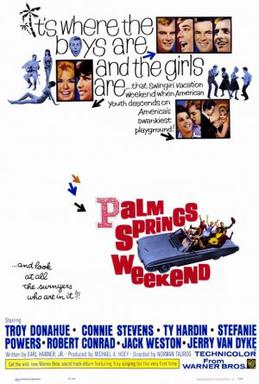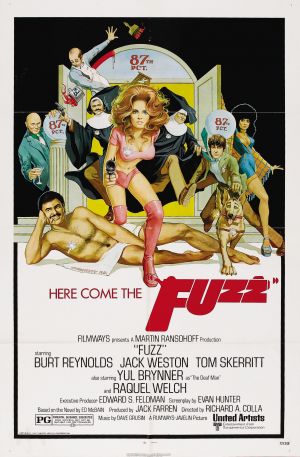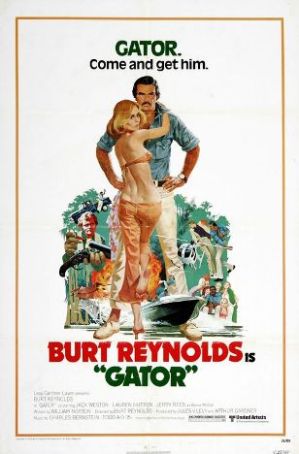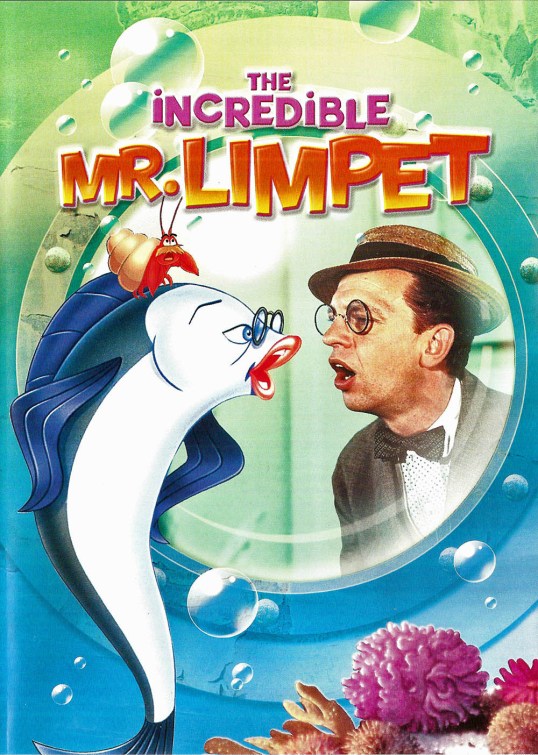The 1986 film, Rad, tells the story of Christopher “Cru” Jones (Bill Allen). Cru lives in a small, kind of ugly town in middle America. Cru has a job delivering newspapers so, every morning, he rides around town on a bicycle and he throws rolled-up copies of USA Today at people. He throws the papers fairly aggressively and doesn’t seem to have much concern about riding his bike through backyards or using his bike to jump over (or sometimes, onto) cars. And yet, no one can stay mad at Cru because he has a plucky, can-do attitude and he can do all sorts of tricks on his bicycle.
Cru has a decision to make. He can either go to college or he can compete in a bicycle race. If he goes to college, he might actually be able to get a career and actually have a future. If he wins the bicycle race, he’ll get a car and $100,000. His mother (Talia Shire) feels that Cru should go to college. Cru, however, says that his gut is telling him to enter the race….
Hey, Cru, your gut is lying to you! Seriously, I’m all for Cru competing and showing off how good he is at a rather mundane and kind of boring sport but college is college. There’s a scene early on in the film where one of Cru’s classmates is talking about all the schools to which he’s applied. “UCLA, Princeton, SMU, Harvard….” Cru rides by and laughs but, 35 years later, who do you think currently has the nicer house?
Of course, despite his willingness to give up his future for $100,000 and a new car, it turns out that Cru might not even be able to compete. The race’s evil sponsor (Jack Weston) is determined to make sure that his tea, wins the race and he keeps changing the rules to prevent Cru from being able to enter. He demands that Cru find an official sponsor so Cru starts his own business. He then demands that the business be worth at least $50,000! Cru doesn’t have that type of money but — wait a minute — is that Ray Waltson, playing an eccentric businessman!? Maybe he’s got $50,000!
Still, does Cru have the confidence necessary to enter the race and beat the best in the country? Don’t worry, Cru’s little sister designs a t-shirt that reads, “Cru is Rad!” Seriously, just try to beat that encouragement!
Anyway, you may be thinking that Rad sounds like it’s a pretty silly movie and it is. Having now watched Rad, BMX Bandits, and Quicksilver, I am ready to announce that, in the 80s, there was absolutely no way to make BMX racing cinematic. At the end of the movie, Cru performs a series of tricks while the end credits role and, instead of being impressed, you just notice how much Cru is struggling to maintain his balance. Neither Bill Allen nor Bart Conner (who plays Cru’s main rival) have much screen presence and the whole film just looks and feels cheap.
And yet….
To be honest, it’s difficult to really dislike Rad. For all of its many flaws, it’s all just so damn sincere. Cru just wants to win that race so badly that it’s hard not to root for him and it is kind of touching to see the way the entire town rallies around him. While the lead racers may have been blandly portrayed, Talia Shire, Jack Weston, Ray Waltson, and Lori Loughlin all turn in effective performances. In fact, you could probably argue that Talia Shire is almost too good in her role. She so effectively portrays the anguish of a mother watching her son throw his future away that you really do find yourself worrying about what’s going to happen to Cru when he’s older and he can’t get a job because he blew off college. (I’m going to guess that Talia Shire’s presence in this film is due to the fact that it was produced by her late husband, Jack Schwartzman.)
Rad is sincere and unpretentious and rather silly. Like a lot of 80s movies, it’s got a good soundtrack. It especially makes good use of the song Send Me An Angel. There’s also an out-of-nowhere scene where Cru and Lori Loughlin do a series of impromptu freestyle bike tricks on the middle of a dance floor and it’s just surreal enough to be memorable.
Rad is a simple but inoffensive tribute to throwing your life away.


 Detective Eileen McHenry (Raquel Welch) has just been given her new assignment and she is about to find out that there is never a dull day in the 87th Precinct. How could there be when the precinct’s top detectives are played by Burt Reynolds, Tom Skerritt, and Jack Weston? Or when Boston’s top criminal mastermind is played by Yul Brynner? There is always something happening in the 8th Precinct. Someone is stealing stuff from the precinct house. Someone else is attacking the city’s homeless. Even worse, Brynner is assassinating public officials and will not stop until he is paid a hefty ransom!
Detective Eileen McHenry (Raquel Welch) has just been given her new assignment and she is about to find out that there is never a dull day in the 87th Precinct. How could there be when the precinct’s top detectives are played by Burt Reynolds, Tom Skerritt, and Jack Weston? Or when Boston’s top criminal mastermind is played by Yul Brynner? There is always something happening in the 8th Precinct. Someone is stealing stuff from the precinct house. Someone else is attacking the city’s homeless. Even worse, Brynner is assassinating public officials and will not stop until he is paid a hefty ransom! Gator McClusky is back!
Gator McClusky is back!

